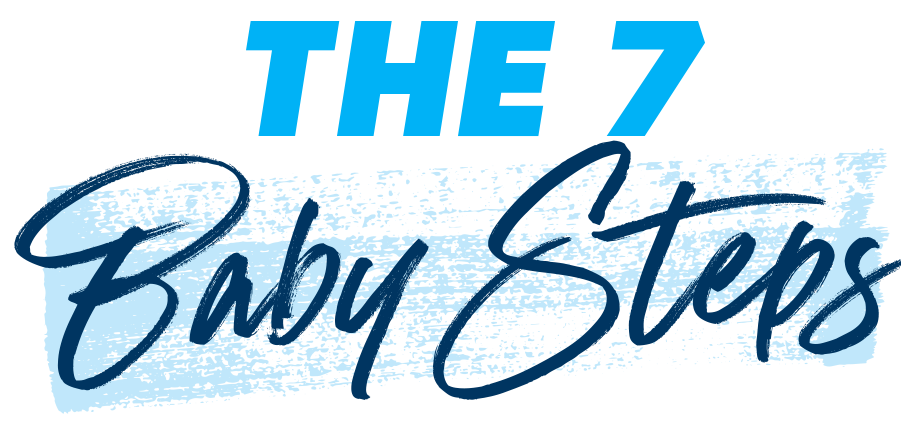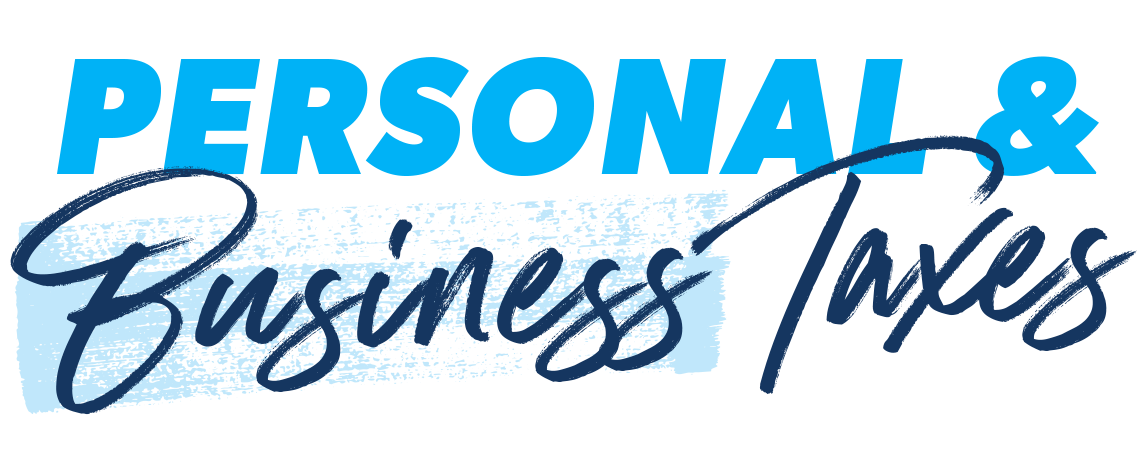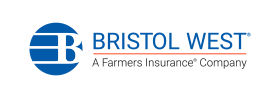Ramsey Trusted Pro
Ramsey Core Principles


Baby Step 1
Save $1,000 for your starter emergency fund.

Baby Step 2
Pay off all debt (except the house) using the debt snowball.

Baby Step 3
Save 3–6 months of expenses in a fully funded emergency fund.

Baby Step 4
Invest 15% of your household income in retirement.

Baby Step 5
Save for your children’s college fund.

Baby Step 6
Pay off your home early.

Baby Step 7
Build wealth and give.


List your debts smallest to largest regardless of interest rate. Pay minimum payments on everything but the little one.

Attack the smallest debt with a vengeance. Once that debt is gone, take that payment (and any extra money you can squeeze out of the budget) and apply it to the second-smallest debt while continuing to make minimum payments on the rest.

Once that debt is gone, take its payment, and apply it to the next-smallest debt. The more you pay off, the more your freed-up money grows and gets thrown onto the next debt—like a snowball rolling downhill.

Budgeting Lingo
Emergency fund:
- Starter emergency fund (Baby Step 1): The $1,000 you save to cover financial emergencies while you’re getting out of debt.
- Fully funded emergency fund (Baby Step 3): The 3–6 months of expenses you save to get you through a major financial emergency—like losing a job.
Zero-based budget: A budget that gives every dollar a purpose, so your income minus your expenses comes out to zero.
Sinking fund: A way to set money aside over time so you can buy something with cash—for example, saving $400 a month for 10 months to buy a $4,000 car.
EveryDollar
Of course, Ramsey has a way to help you do all this! You can budget and plan your savings in the EveryDollar app. It’s the best tool to create a zero-based budget and give every dollar a job. (See what we did there?)

Baby Step 4 is investing 15% of your income once you’re debt-free and have a fully funded emergency fund. So when you’re ready to invest, we recommend good growth stock mutual funds for retirement investing.
Avoid single stocks, annuities, bonds, micro-investing, REITs, CDs, separate account managers, etc.
You want to make sure you diversify your investments and avoid options that are high risk or have low rates of return that don’t beat the market or outpace inflation.
We always recommend working with an investing pro to help you make a plan based on your individual situation and goals.
The Steps
Here’s Ramsey’s general recommendations on how to get started investing.
1. If you have access to a traditional 401(k), start there and invest up to the match if your employer offers one.*
2. Then open a Roth IRA (if you qualify for one), and invest up to the annual max.
3. If you still haven’t hit 15%, go back to your 401(k) and invest the rest there.
*Note: If your employer doesn’t offer a match, start with the Roth IRA and max it out. Then invest in your 401(k). But if your employer offers a Roth 401(k) and you have good growth stock mutual funds to choose from, you can invest the entire 15% there!

The Specifics
- Get a conventional, 15-year fixed-rate mortgage.
- Putting 20% down helps you avoid private mortgage insurance (PMI). If you’re a first-time home buyer, 5–10% is okay.
- Your monthly mortgage payment, including PMI, property taxes, insurance and HOA fees, should be no more than 25% of your take-home pay.
- If you don’t have a credit score, you can still get a mortgage with a lender that offers manual underwriting.
An Extra Tip
Don’t buy the best house in the neighborhood. For equity’s sake, look for a house on the low/medium end of the best neighborhood instead of the best house in a cheap or run-down area.

The purpose of insurance is to transfer risk. Basically, you pay premiums for insurance to cover financial risk you can’t afford to cover on your own.
There are plenty of useless insurance options out there that you don’t need. So stay away from gimmicky policies like cancer insurance, accidental death or anything (like whole life or universal life) that packages your coverage with investments.
These are the eight types of insurance we recommend
- Auto
- Homeowners/renters
- Umbrella/liability (if you have assets over $500,000)
- Health
- Long-term disability
- Term life
- Long-term care (for ages 60 and up)
- Identity theft protection
An Extra Tip
Get a $1,000 deductible. It’s the best way to keep premiums down—and if you’re working the plan, your emergency fund will help you cover it if something happens.

It doesn’t matter how much you hate taxes—you still have to pay them. But really, tax season should never be a surprise. It happens every year! Planning ahead for taxes should just be a normal part of your financial plan.
The Specifics
- Adjust your withholdings so you end up as close to a $0 refund as possible. (A refund means you’ve given Uncle Sam an interest-free loan! No, thanks.)
- Tax debt always goes to the front of your debt snowball regardless of how much you owe. You want to get the IRS off your back as fast as you can.
- Don’t keep your mortgage for the tax write-off. You’ll end up paying more in interest rates than you would get in a tax deduction. Trust us—it’s simple math.
- Use a tax pro if you have a small business or have multiple streams of income (even passive income like owning rental properties). It gets complicated!
- Use Ramsey SmartTax for self-filing if you have a super simple tax situation.
Why Work With A Ramsey Trusted Pro
Here’s what it means to be endorsed by Ramsey:

SHARED VALUES
I fully believe in the Ramsey mission and teachings. That means I’m here to walk alongside you and help you win on your journey.

SERVICE YOU DESERVE
I value serving over selling and I am always dedicated to providing the excellent customer service you deserve.

REAL RELATIONSHIPS
I work closely with the Ramsey team to make sure I’m meeting their high standards. And I care about helping you make the best decisions
for you and your family.

WORTHY OF TRUST
I have the full backing of the Ramsey team, who has helped millions get
(and stay!) out of debt and work toward financial peace.












